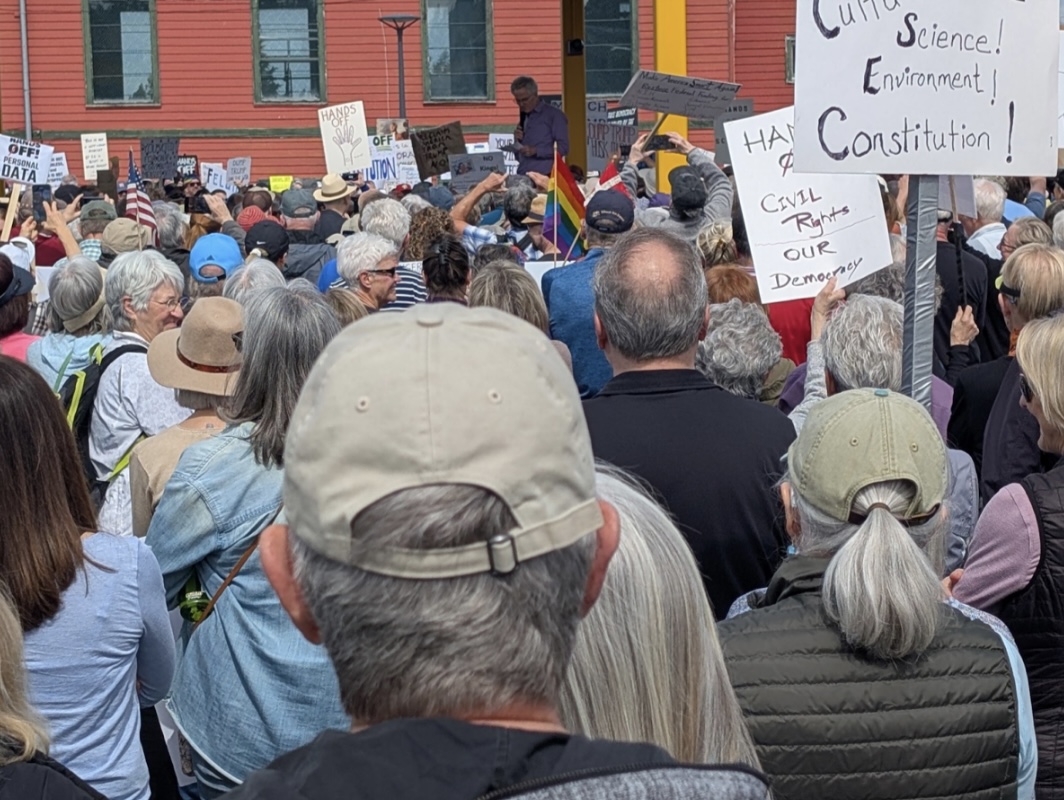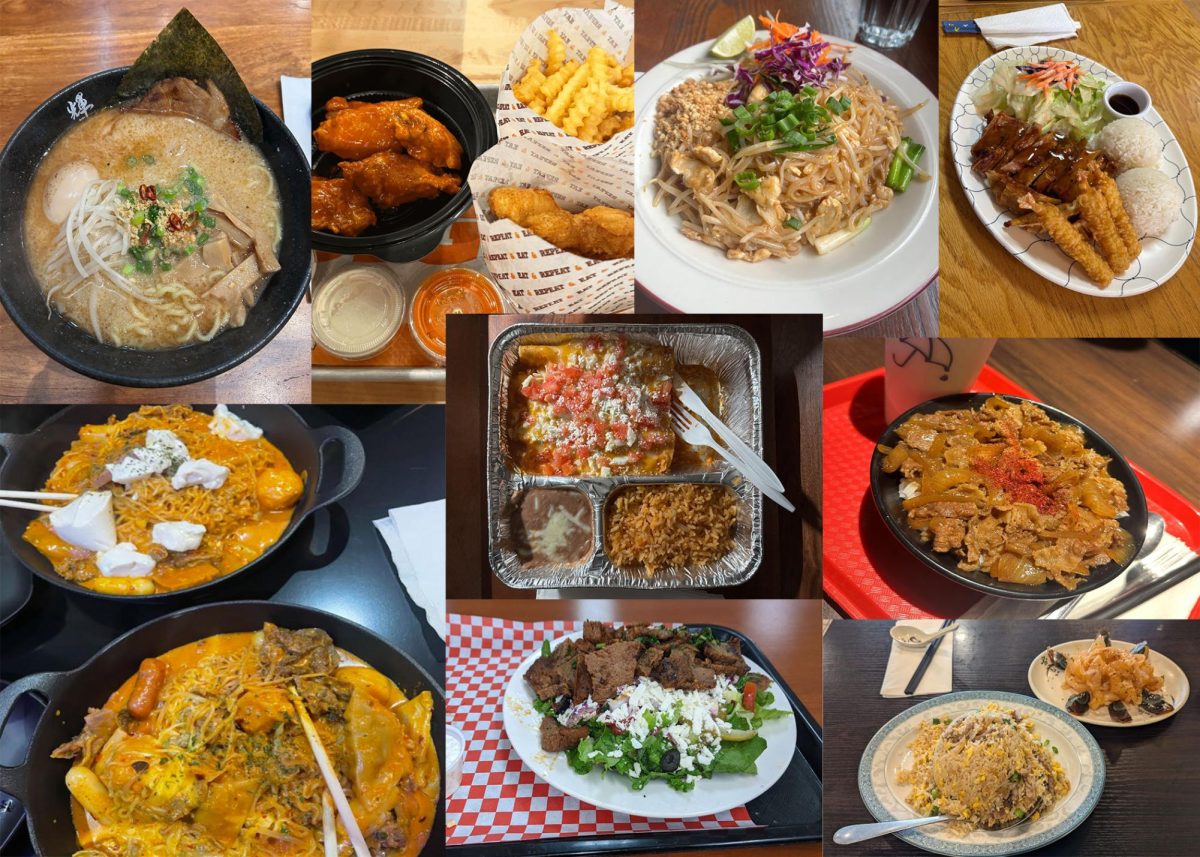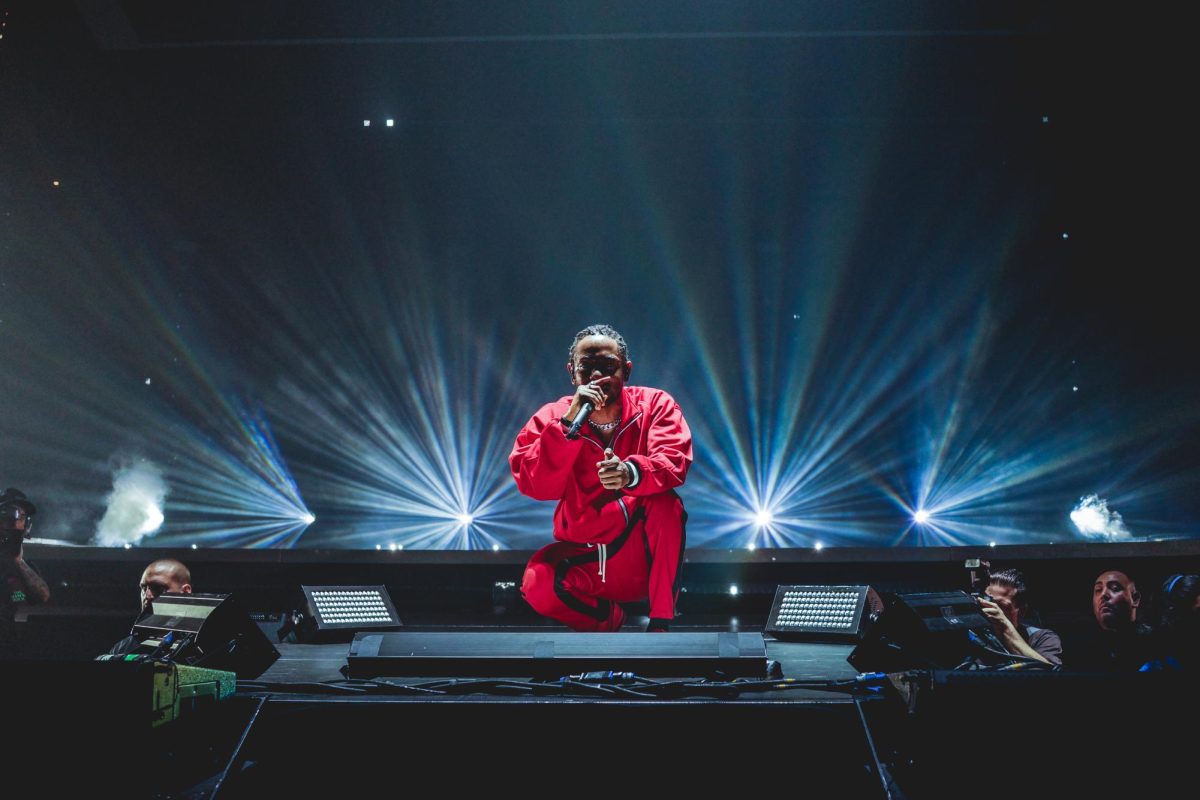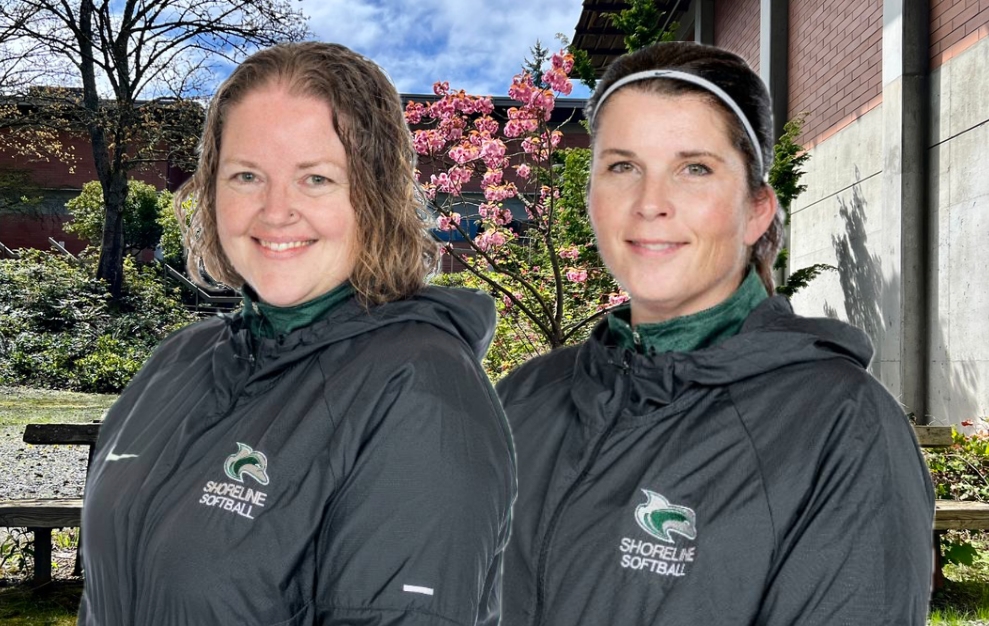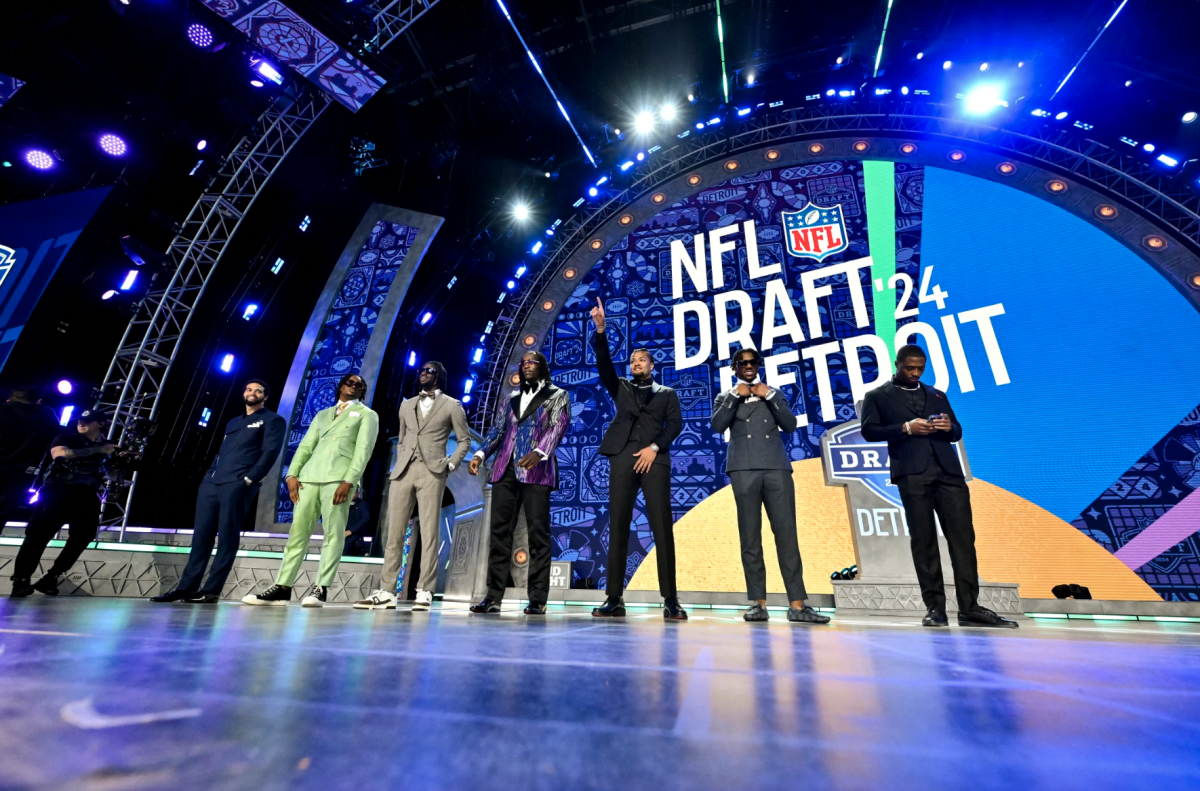By Coral Nafziger
It’s a sort of catch-22 — celebrating Black History Month will always be too little too late; but not celebrating it because it is lacking often means doing even less, and defaulting to the status quo of ignoring black history altogether.
Background
Black History Month itself has had a slow-moving history. It started as a single week celebrated by only a few in 1926. It gained momentum as teachers and mayors across the country came on board. Starting in 1970, Kent State University began celebrating Black History Month, and it was officially recognized by the U.S. government in 1976.
The math is pretty easy there — it took 50 years to go from “Negro History Week” to Black History Month. And it has been 41 years since then, yet the progress towards the next step seems slow.
Logically, shouldn’t the next step be Black History Year? Shouldn’t we acknowledge that American history is inherently incomplete when African-Americans are excluded, and then teach black history year-round?
`
Repetition
Duration is not the only problem with Black History Month. It is caught in a repetitive cycle.
For a lot of things in school, there are guidelines about what students should learn and when they should learn it. In seventh grade, for example, Washington students learn Washington state history. They get an overview of U.S. history in eighth grade and take a look at world history in ninth grade.
Black history is not organized the same way — in most cases, it is left up to teachers to decide if and how they want to approach Black History Month. There generally isn’t a way for teachers to know what aspects of black history their students have already studied. And because Black History Month lessons are generally informal, students in the same grade won’t necessarily have the same level of knowledge because they all had different teachers in previous years.
When teachers come up with Black History Month lesson plans, they think to themselves, “If I have a month to cover black history, I obviously can’t get to everything. I need to find the most important parts of black history, and let my students know about them.”
Most teachers then decide that the Civil Rights movement and the Underground Railroad were the most important moments in black history, and make lessons accordingly. Because so many teachers decide to teach about the same things, students end up basically going through the same lesson year after year.
Not only does this dramatically limit the scope of black history that students learn, but hearing the same stories every year dulls them. Martin Luther King Jr. and Harriet Tubman, who were legitimate badasses, end up coming across as boring.
I recently visited the Northwest African American Museum in Seattle. As I made my way through their exhibit on the Dance Theater of Harlem, I realized that I couldn’t remember ever having seen that much attention given to an aspect of African American history other than civil rights or slavery.
Because fighting for freedom has been so vital to black history, other things, like dance theaters, seem frivolous in comparison and are therefore ignored in a way that they are not in white history.
Hypocrisy
If you take a look at what is taught during Black History Month, a clear message emerges — students are, in effect, told that the most important thing African-Americans have ever done is fight for their own safety.
First of all, that’s fucked up.
If our culture values the historical African-Americans who sought basic human rights, why aren’t we acting like it? If we value peaceful protests of the Civil Rights Movement, for example sit-ins, why flip out when Colin Kaepernick kneels during the “Star Spangled Banner?” How is the phrase “black lives matter” controversial if we care about black lives? And why aren’t authorities who are caught on video abusing and killing African-Americans held accountable?
The Future
Writer, news correspondent and activist Darnell Moore said, “Black people, globally, who have experienced systemic violence at the hands of the state, have been robbed of our capacity to dream about our futures. Because of the violence imposed on us, we are often forced to think about how to move from one day to the next.”
Black Future Month is an effort to reconcile this. The Black Lives Matter movement is collaborating with artists around the country to create artwork that acknowledges the past and present, but also envisions the future.
Black Future Month is not intended to replace Black History Month, but to recognize and celebrate what it means to be African-American in a more nuanced way.
This February is the second annual Black Future Month, and Tanya Lucia Bernard, arts and culture director for Black Lives Matter, explained, “We are committed to remembering, celebrating, and learning from our history, but also imagining our future. Black people are more than what happened to us.”
Allyship
Full disclosure — I’m white. In some ways I feel uncomfortable telling the story of Black History Month because it is not my story. On the other hand, I would rather be uncomfortable and acknowledge important issues that our culture is grappling with than ignore them.
I have spent a lot of my life sitting back because it is easier than stepping up and being confrontational or potentially looking stupid. And I have had the privilege to do that.
When our current president was elected, I felt scared for myself in a way I had never felt before. I realized that for many people, this type of fear is not new. And I came to the conclusion that I need to be there for people who are experiencing injustice, whether or not I am directly impacted.
I have never made a New Year’s resolution because I think they’re stupid. But I have some resolutions this February for Black History Month and Black Future Month.
Listen – I resolve to actively seek out situations where I can hear perspectives from people whose life experiences are different than mine. I will use podcasts, social media, TV, movies, books and cultural events to actively seek out voices I would not normally listen to. I will also talk to people IRL.
Show up – I will attend events, participate in activities, and be brave enough to confront people when they say things or behave in ways that I know are garbage.
Talk – I resolve to engage in difficult conversations and not just shrug it off when someone I care about says something disrespectful about someone else. Even if someone seems to have good intentions, I won’t hold my tongue if they say something bigoted or counterproductive.
Be wrong – I will not let fear of being wrong stop me from acting. I will do what I think is right, accept feedback and change what I’m doing if it turns out that I’m stepping in shit.
Recognize and use privilege – I will frequently take the time to consider the aspects of my life that have made things easier for me than other people. I don’t need to feel guilty about it, but I need to understand that the way I see the world is influenced by advantages I have had. I will leverage my privilege for others when it is helpful.
Follow and support – Showing up for others doesn’t mean that I can come in and save the day. I resolve to work for people who need help instead of thinking that I know the right way to do everything. I will take important, unglamorous, behind the scenes roles and stop looking for acknowledgement.
With Betsy DeVos recently confirmed as Education Secretary, asking for more comprehensive coverage of black history may be comparable worrying about your chopped off hand when you are about to be decapitated. But America, we need to do better.


